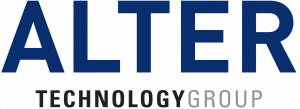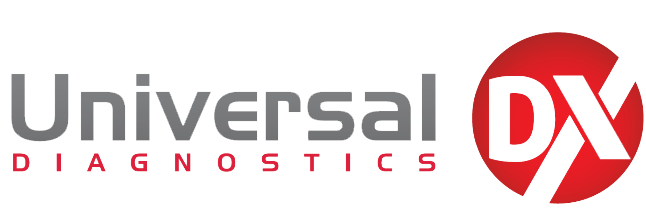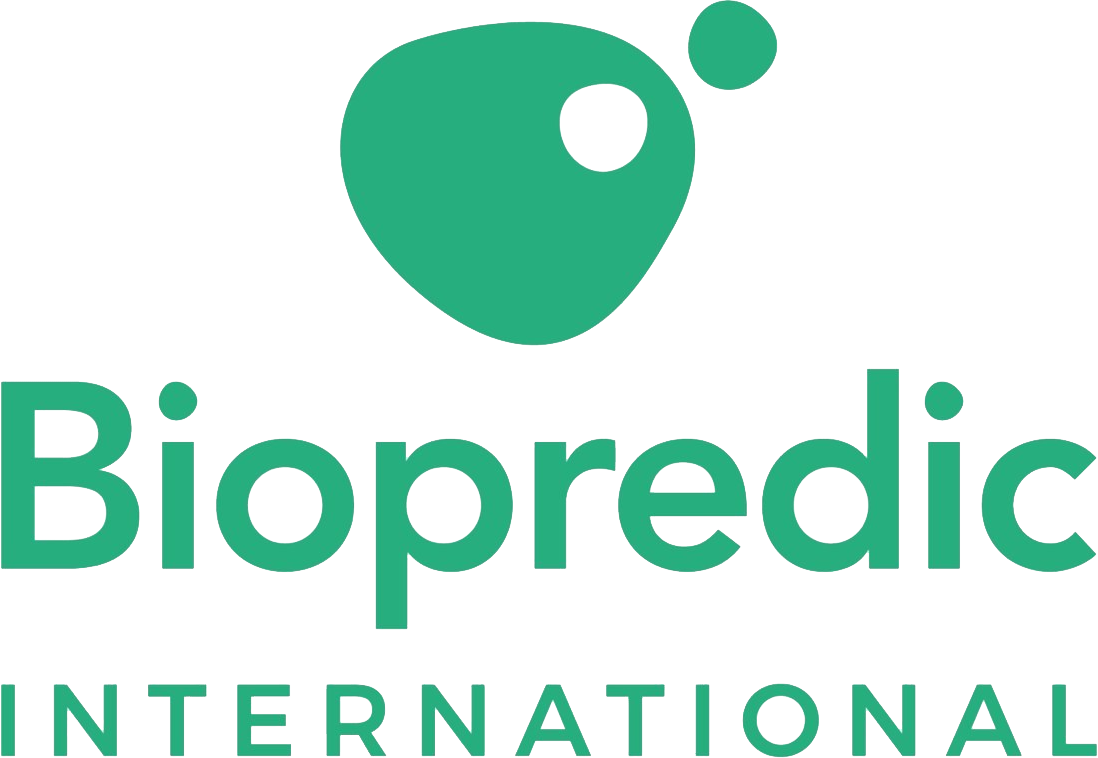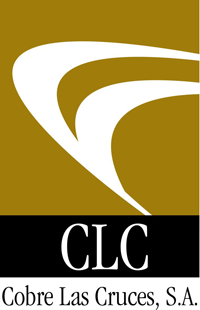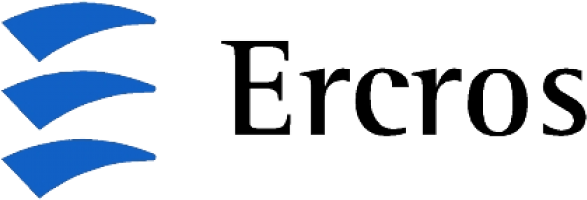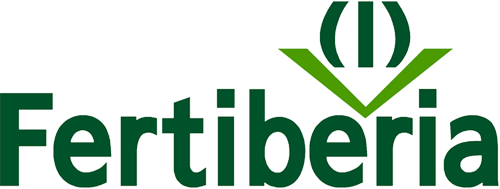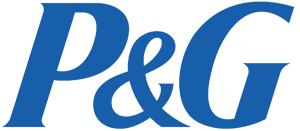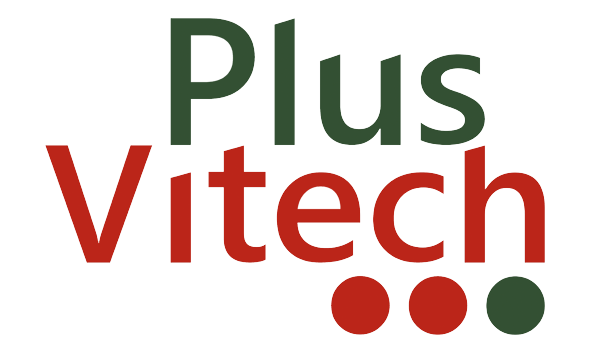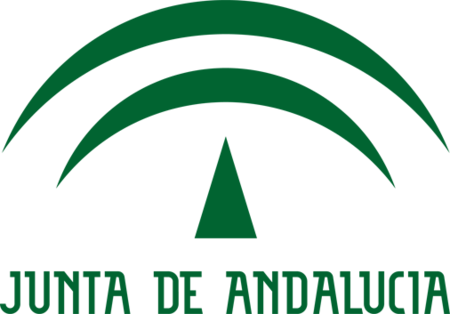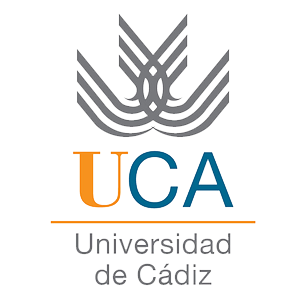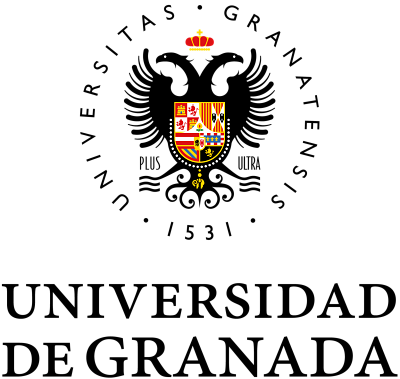
Companies
Please contact us for all information on Services CITIUS provides.
Alfonso Losa
citius us.es
us.es
954 55 97 40
One of CITIUS main objectives is to offer a variety of integrated technological instruments providing a service to companies.
CITIUS is instrumental to the science-technology-corporate axis and is articulated by means of four different modalities:
 Performance of analyses and tests
Performance of analyses and tests
All companies can access the entire CITIUS infrastructure and analysis capabilities. Companies can therefore use CITIUS capabilities in as many as four different ways:
 Analysis or test request. The company need only provide CITIUS with the sample and all the necessary research is then carried out here, forwarding results or reports as requested.
Analysis or test request. The company need only provide CITIUS with the sample and all the necessary research is then carried out here, forwarding results or reports as requested. Perform studies with company personnel supervising analyses and/or tests carried out, with the direct collaboration of a CITIUS technician.
Perform studies with company personnel supervising analyses and/or tests carried out, with the direct collaboration of a CITIUS technician. Independent use of the CITIUS infrastructure. Company personnel, previously authorised by CITIUS technicians, are permitted to use CITIUS equipment autonomously. There is frequently a requirement for the company personnel to undergo a course providing training on how to handle the necessary instruments.
Independent use of the CITIUS infrastructure. Company personnel, previously authorised by CITIUS technicians, are permitted to use CITIUS equipment autonomously. There is frequently a requirement for the company personnel to undergo a course providing training on how to handle the necessary instruments. Joint Company-CITIUS product development. Take advantage of our network of contacts to create multidisciplinary work teams including companies and research groups from all University of Seville areas of knowledge, as well as from other Public Research Bodies and companies.
Joint Company-CITIUS product development. Take advantage of our network of contacts to create multidisciplinary work teams including companies and research groups from all University of Seville areas of knowledge, as well as from other Public Research Bodies and companies.Since the first CITIUS building was inaugurated in March 2004, CITIUS has performed studies of all kinds for over 200 companies. Just a few of these are:
 Hosting innovation companies R+D+i departments
Hosting innovation companies R+D+i departments
This modality is one that provides the greatest benefits to both parties, based on the very close connection established between the University-Company.
This option comprises hosting Joint Research, Development and Innovation Laboratories in CITIUS buildings.
Five companies currently have Joint Laboratories within CITIUS.
 Public-private cooperation agreements
Public-private cooperation agreements
Los convenios de colaboración son una herramienta de gran utilidad para estrechar lazos entre diferentes instituciones. Permiten así establecer alianzas que van más allá de una simple relación comercial entre ambas partes. Son más de 80 las empresas y organismos con los que CITIUS ha establecido convenios de colaboración. Algunos ejemplos de convenios con organismos públicos:
 Incubator for technology-based companies during the initial stages
Incubator for technology-based companies during the initial stages
CITIUS provides space in three buildings for university spinoffs and other technology-based entities, where they can install their own laboratories.
CITIUS not only offers space and laboratories but also instruments and technological support. CITIUS can also assist in establishing contacts with other entities to create synergies.
With that initial support helping to strengthen the Company, it can then go on and face challenges in the specific environment in which company operates. This also serves as a model for other companies in the embryonic stage.
Some of the companies that have used this model with CITIUS.
The combined University of Seville -Endesa laboratory (LUSEND ), inaugurated in March 2006, is a perfect example of University-Company interrelationships, capable of generating substantial added value services. LUSEND basically comprises a laboratory covering the whole of Spain and specialises in predictive maintenance of energy transformers by dielectric fluid analysis. The main areas of laboratory activity are:
 Homologation and Dielectric Fluid Quality Control. Dielectric fluids are the cheapest component of energy transformers. Proper selection of the correct fluid and monitoring over the long term ensures they remain good for purpose and provide guaranteed service.
Homologation and Dielectric Fluid Quality Control. Dielectric fluids are the cheapest component of energy transformers. Proper selection of the correct fluid and monitoring over the long term ensures they remain good for purpose and provide guaranteed service.
 Early diagnosis of electromagnetic circuit faults. Early diagnosis of electromagnetic circuit faults achieves a 40% fault detection rate and is a fundamental tool for practical maintenance. This is not only due to the savings gained with regard to annual cost provisions to cover faults, but also due to the ability to prevent serious effects.
Early diagnosis of electromagnetic circuit faults. Early diagnosis of electromagnetic circuit faults achieves a 40% fault detection rate and is a fundamental tool for practical maintenance. This is not only due to the savings gained with regard to annual cost provisions to cover faults, but also due to the ability to prevent serious effects.
 Evaluation of cellulose insulation wearing and useful life estimations. Accurate useful life estimations help to improve asset management practices and to optimise companies’ investment policies.
Evaluation of cellulose insulation wearing and useful life estimations. Accurate useful life estimations help to improve asset management practices and to optimise companies’ investment policies.
One of Endesa’s strategic objectives is to lead innovation and the journey to achieve this requires the solidity, experience and knowledge CITIUS provides through its extensive team of professionals.
Fertiberia Group is a multinational group of companies with a presence in various sectors and countries, forming the Chemical and Fertilisers Divisions of the Villar Mir Group. Fertiberia Group came into being in 1995 and has since then been the lead company in the production and marketing of fertilisers in Spain. The group has 15 production centres in Spain, Portugal and Algeria with an annual capacity of almost eight million tonnes between intermediary and end products.
Close cooperation between Fertiberia Group and the University of Seville has materialised in the creation of the agri-environmental Technologies Centre (CTA Fertiberia), located within CITIUS. This collaboration has helped to establish Fertiberia Agricultural Innovation Management in a first-class technological and academic environment and fostered the development of joint research projects increasing the degree of innovation and company competitiveness.
At the heart of CTA Fertiberia there is an Agricultural Laboratory for analysis of soils, foliage and water. The analyses carried out form the basis for personalised and free fertiliser recommendations. The laboratory can perform more than 10,000 analyses and fertiliser recommendations each year.
Additionally, CTA Fertiberia has an R+D+i laboratory to carry out activities aimed at improving the efficiency of current production processes as well as for developing new and more efficient transformation processes that are safe and have regard for the environment. New fertiliser products are also researched and developed.
Duponte is a Seville-based biotech company specialising in genomic analysis and personalised medicine.
Since its founding in 2019, it has developed innovative solutions that combine artificial intelligence and advanced data analysis to optimise the clinical interpretation of genetic information.
Committed to the knowledge, Duponte actively participates in genomics and pharmacogenomics research projects, collaborating with hospitals, universities and reference centres in the health, educational and scientific fields. Its multidisciplinary approach is driving the development of new tools that improve the accuracy of disease prediction and treatment response.
In addition, Duponte has an academic division dedicated to specialised training in biotechnology and personalised medicine, offering programmes designed to train professionals in the latest trends in the sector. In parallel, its preclinical research area uses animal experimental models to validate new therapeutic strategies and expand knowledge in pharmacogenetics and biomedicine.
In 2023, Duponte began its relationship with the University of Seville, consolidating this collaboration in 2024 with its installation in the CITIUS III building. This step has strengthened its links with the scientific community, facilitated access to advanced access to advanced infrastructure and fostering cooperation with research groups, boosting the development of biotechnological solutions with a real impact on the society.
Foodimental is an agritech startup that seeks to extend the life of fruits and vegetables after harvest, using microorganisms that already exist in nature. Specifically, we research strains of Trichoderma harzianum, a beneficial fungus with antifungal and biostimulant properties that can protect crops against pathogens such as Botrytis and Rhizopus, without having to use harsh chemicals.
The problem we are responding to is clear: in delicate products such as strawberries and blueberries, post-harvest losses can be so great that they drastically reduce the farmer's profitability. Add to that climate change, price volatility and the pressure to produce without waste, and the result is an increasingly stressed sector. Our solution aims to alleviate some of that pressure by prolonging the natural freshness of produce without complicating farm operations.
Since our time at CITIUS, we have been able to advance in strain characterisation, formulation development and preliminary validation with producers. We are starting to work with national and international partners to test the efficacy of the product in different soil and climatic conditions.
Foodimental is based on a very simple idea: that there is no need to choose between sustainability and survival. We are committed to useful, affordable and realistic biotechnology that improves both the shelf life of the food and the farmer who grows it.
Biopredic is a leading biotechnology company specialising in the development and supply of advanced cell models for scientific research in areas such as toxicology, pharmacology and biomedicine. Its main area of activity focuses on the production of primary liver cells from different species, including humans, and other biological tissues, as well as the design of cell culture systems that enable more accurate prediction of physiological, metabolic and toxicological responses in in vitro environments. These technological advances optimise the processes of evaluating pharmacologicaland toxicological compounds, facilitating the collection of key datafor research and the development of new treatments.
Biopredic works closely with academic research centres, companiesin the pharmaceutical sector and other scientific entities, with the aim of promoting innovation in alternative methods to animal experimentation . Its focus on improving the reproducibility and reliability of preclinical trials positions Biopredic as a strategic partner in the advancement of biomedical science.



